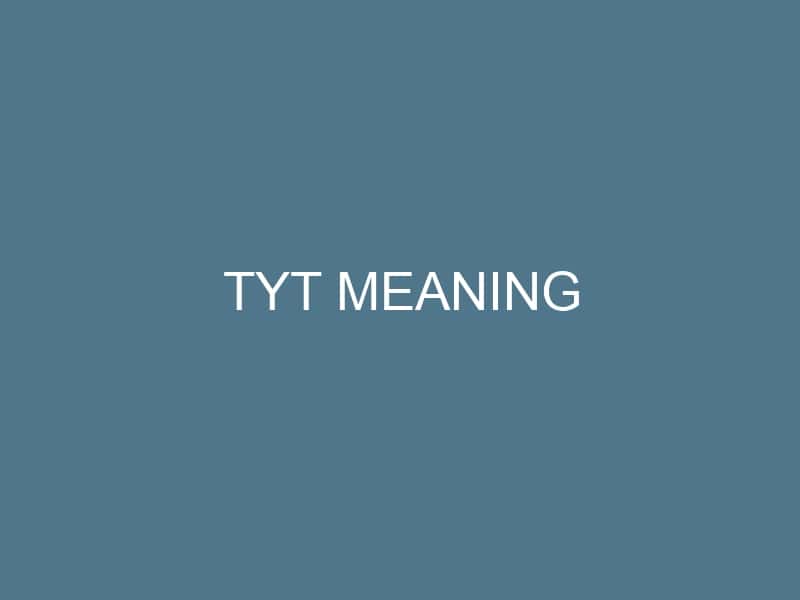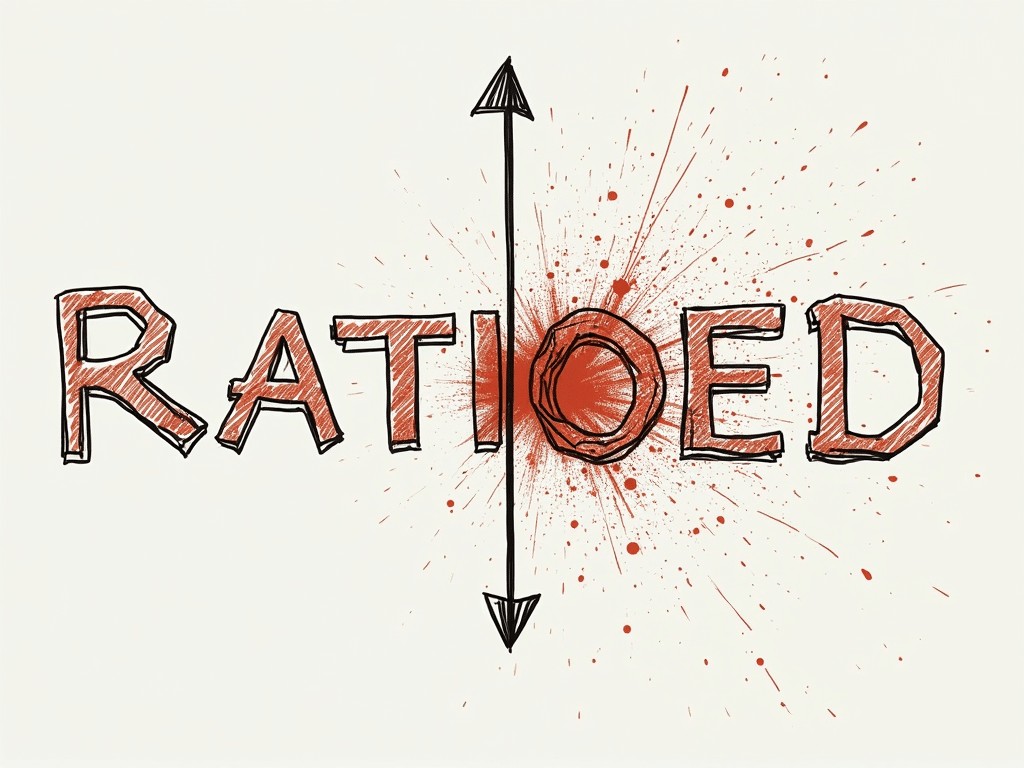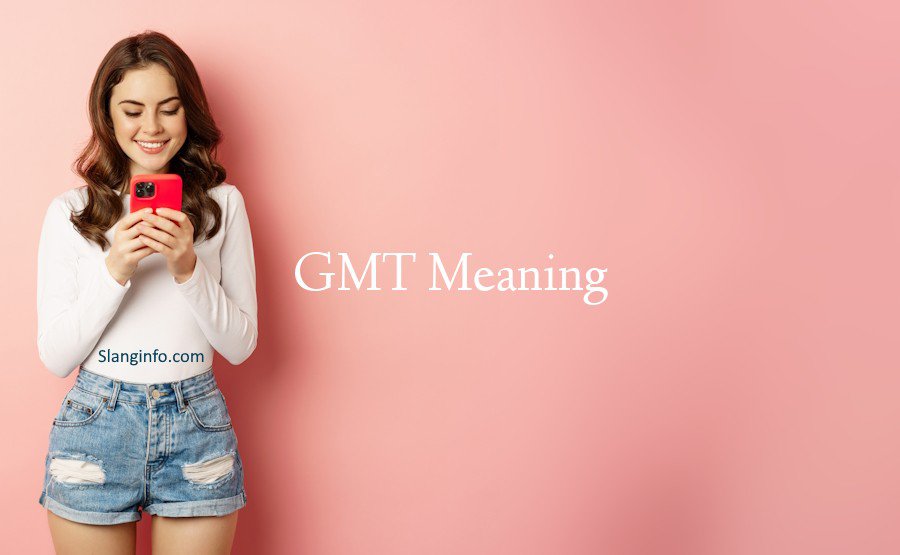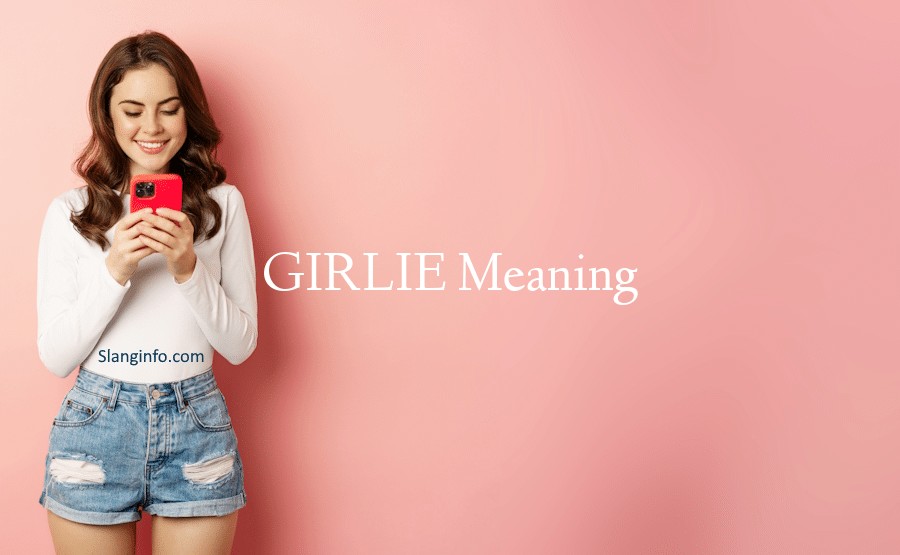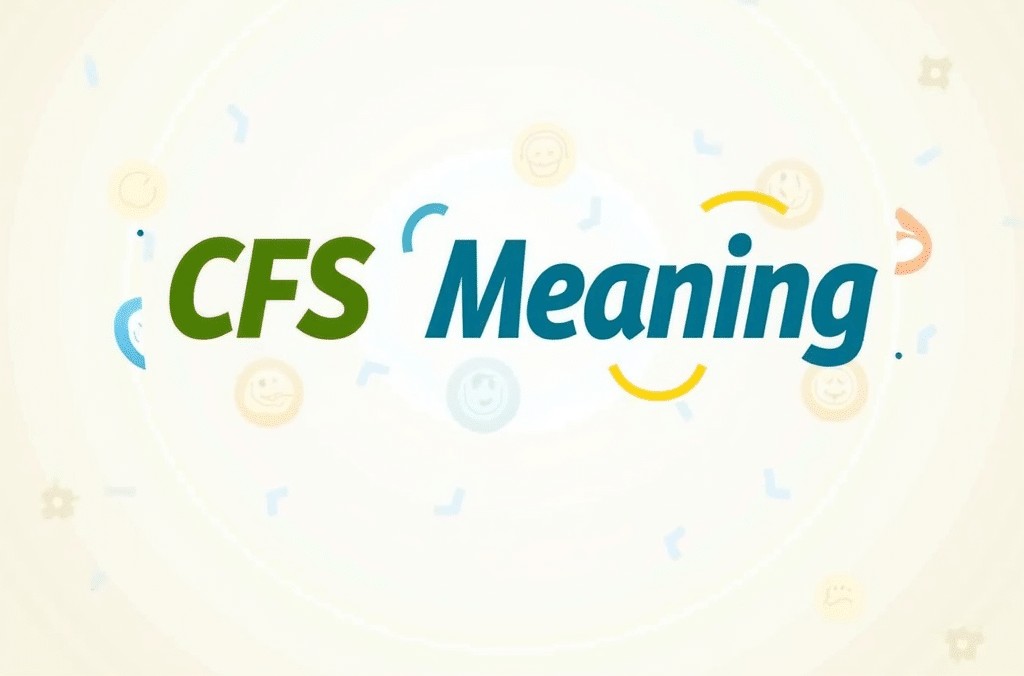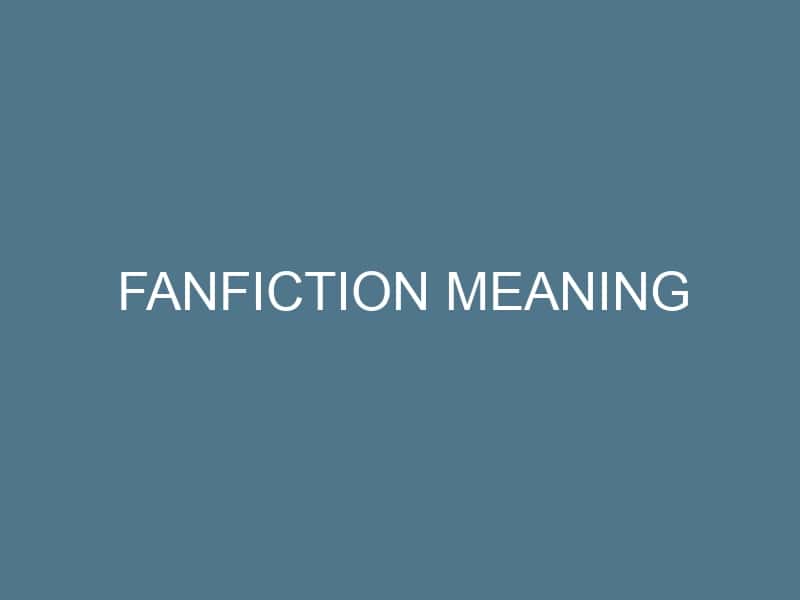Hey, fellow internet adventurers! 🌍✨ Today, we’re diving into a term that’s making waves across TikTok, Twitter, and beyond: canceling. You’ve probably seen the phrase XYZ is canceled splashed across your feeds like a hot meme. But what’s the deal? Why does it seem like everyone’s getting the boot these days? Buckle up, because we’re about to unpack this digital drama!
Key Takeaways
– Meaning: Public withdrawal of support for individuals or entities due to objectionable behavior.
– Usage: Typically seen in social media discussions about problematic actions or statements.
– Example: “Just found out that XYZ said some wild stuff back in 2015. Guess they’re canceled. 🙅♀️”
Canceling: Understanding the Modern Social Phenomenon
The Birth of Cancel Culture
Let’s rewind for a second! Canceling didn’t just materialize like the latest viral dance challenge. Nope, it’s been brewing for a while, evolving from public shaming and boycotts. The term started picking up steam around 2015, especially in Black Twitter communities as a way to call out problematic behavior from public figures. Picture it as the internet saying, We’re done with you. Bye! 👋 But it’s not just individuals who get canceled; brands, movies, and even big concepts can face the digital guillotine. Remember when everyone tried to cancel 2020? (If only it were that easy, right?)
How Canceling Works: The Anatomy of an Internet Takedown
So how does this canceling thing even go down? Let’s break it down step by step:
1. The Trigger: A public figure says or does something cringeworthy.
2. The Callout: Social media starts to buzz with people pointing out why it’s problematic.
3. The Snowball: More voices join in, often riding the hashtag wave to spread the word.
4. The Consequences: Bam! The target might lose followers, sponsorships, or even their job. It’s like a digital mob with hashtags instead of pitchforks! 😱
The Power of the People (and Their Keyboards)
You might be thinking, “Why should I care about some randos on Twitter throwing shade?” Well, here’s the tea: canceling can have serious real-world effects. Remember the #MeToo movement? What started as casual online sharing transformed into actual changes in how society handles sexual harassment. That’s cancel culture at its finest—giving a megaphone to those who’ve felt silenced and holding the powerful accountable.
But let’s not sugarcoat it. Canceling can go too far and become a digital witch hunt. I once watched a friend get dogpiled online over a simple misunderstanding. It was like witnessing a traffic accident—painful and hard to look away from.
The Motivations: Why Do People Cancel?
Let’s get down to the nitty-gritty. Why do people jump into the cancel train? Here are a few reasons:
– Justice Seeking: Some genuinely want to make the world a better place by holding others accountable.
– Virtue Signaling: Others just want to show they’re on the “good” side of the argument.
– Mob Mentality: Jumping on the bandwagon can feel satisfying—FOMO hits hard in cancel culture too!
– Personal Vendettas: Sometimes, canceling is just a way to settle scores or take down rivals. It’s a mixed bag, honestly. Like most things on the internet, motivations can range from noble to downright petty.
The Impact: When Canceling Gets Real
Now, let’s talk about the elephant in the room: what happens when someone gets canceled? The fallout can hit hard:
– For Individuals: We’re talking lost jobs, ruined reputations, and serious mental health impacts.
– For Brands: Think boycotts, plummeting sales, and PR disasters.
– For Society: Canceling is reshaping how we chat about issues and hold people accountable.
I once saw a local business get canceled over a misunderstood comment. They were flooded with angry messages on social, and it took weeks to clear things up. The business is still reeling from that hit.
The Great Debate: Is Canceling Good or Bad?
Let’s spice things up! The cancel culture debate is hotter than the latest TikTok trend, with everyone sharing their two cents.
Pro-Cancel Camp says:
– It holds powerful people accountable.
– It gives a voice to the marginalized.
– It can spark real social change.
Anti-Cancel Camp argues:
– It’s mob justice without due process.
– Individuals don’t get a chance to grow or redeem themselves.
– Sometimes it’s weaponized for personal gripes.
Both sides make valid points. It’s complex—like TikTok dance moves that are totally over the top!
When Canceling Goes Wrong: The Dark Side of Digital Justice
Now, let’s chat about when canceling goes sideways. It’s more common than you think!
– Misinformation: Folks can be canceled based on false info—like a game of telephone gone wrong.
– Disproportionate Response: Seeing someone’s entire life unravel over a dumb tweet from years ago? Not okay.
– Wrong Target: They say the internet is great at sleuthing, but sometimes innocent people get caught in the crossfire.
– Mental Health Impacts: The trauma of being on the receiving end can seriously affect someone’s well-being.
I witnessed a friend get canceled over a rumor that turned out to be completely false. By the time the truth surfaced, the damage was done.
Canceling vs. Accountability: Finding the Balance
Here’s the million-dollar question: How do we keep accountability without turning into a digital mob? Here’s a few tips:
1. Check Your Sources: Before you hit that retweet button, make sure you’ve got the full story.
2. Consider the Context: Was it a one-time mistake or a pattern? Is it from yesterday or a decade ago?
3. Allow for Growth: Can people change? If someone genuinely apologizes and wants to do better, maybe cut them some slack?
4. Focus on Issues, Not People: Address the problematic behavior without going personal.
5. Promote Education Over Punishment: Educate rather than just shout. Sometimes a simple conversation can work wonders.
The Future of Cancel Culture: What Lies Ahead?
So what’s next for cancel culture? Will it keep evolving or will we discover new ways to hold people accountable?
– More Nuanced Approaches: Expect shifts towards more constructive call-outs that prioritize growth and learning.
– Platform Changes: Social media sites might develop features to slow down the spread of cancel campaigns.
– Legal Conversations: We might start talking about the legal implications of cancel culture.
One thing’s certain: as long as we have social media, public accountability will stick around, but how can we make it fairer?
The Takeaway: Navigating the Cancel Culture Landscape
Here’s the bottom line: canceling is a powerful tool for social change, but it’s also open to misuse. It’s a reflection of our quest for justice but can veer too far at times. So, what should you do when you see a cancel campaign brewing?
– Think critically: Don’t just hop on the bandwagon; do your research.
– Be empathetic: Remember, there are real people behind the screens.
– Focus on growth: Aim for education and improvement—not just punishment.
At the end of the day, canceling is a piece of our intricate digital world. It’s up to us to use it wisely and effectively. The next time you see #XIsOverParty trending, take a moment to breathe before you tweet. Your future self (and the internet) will thank you. 🌟 Stay curious, kind, and keep questioning all the chaos around you. That’s how we can inspire real positive change!
Want to dive even deeper into the slang ocean? Check out our articles on Gen Z slang and internet trends. Your group chats will thank you! 🎉

